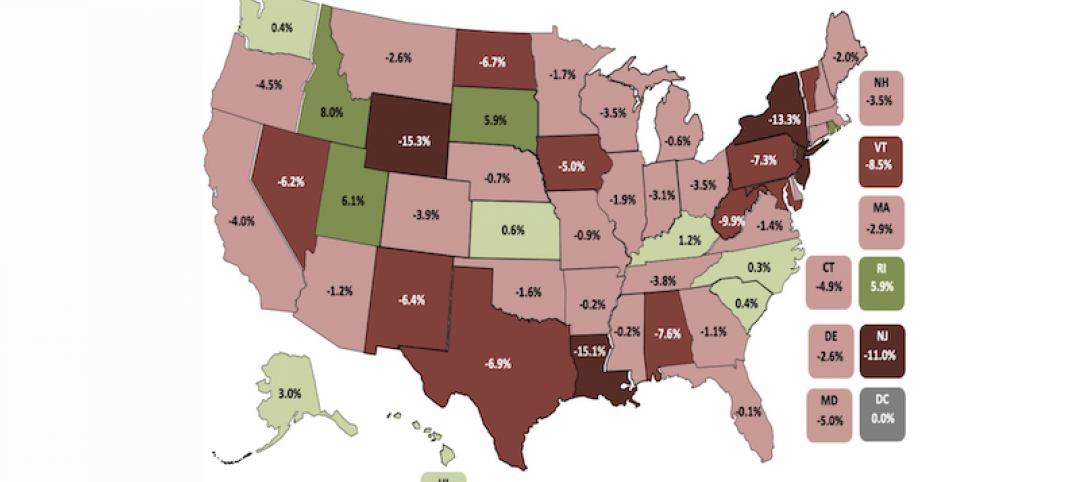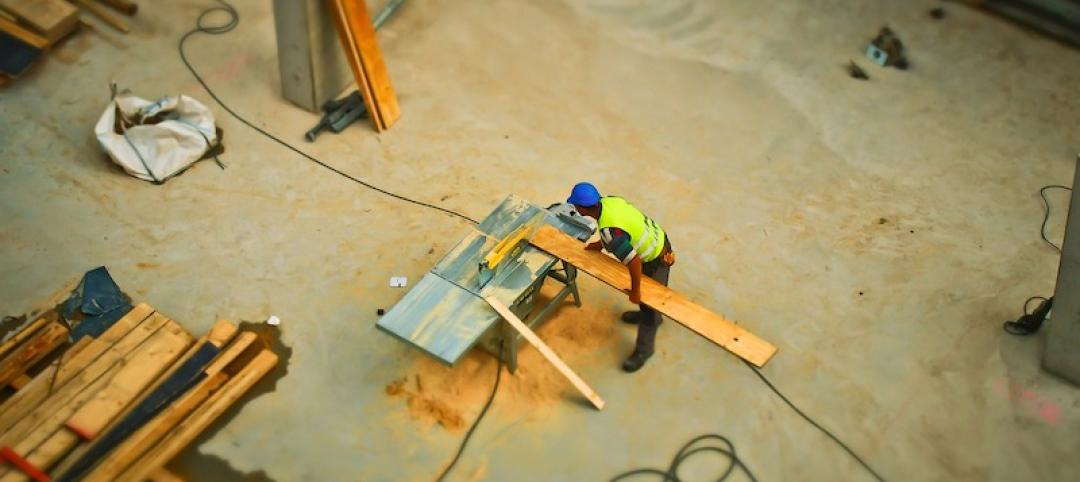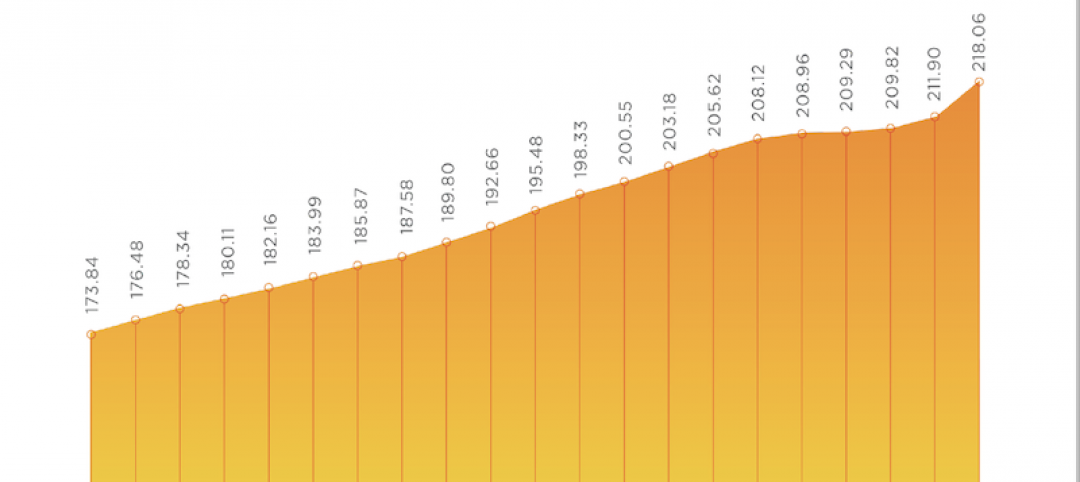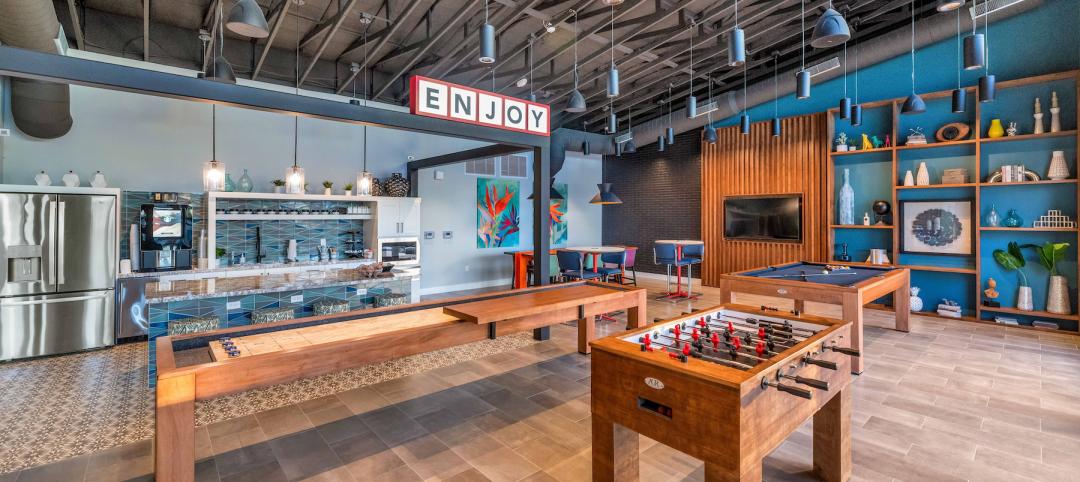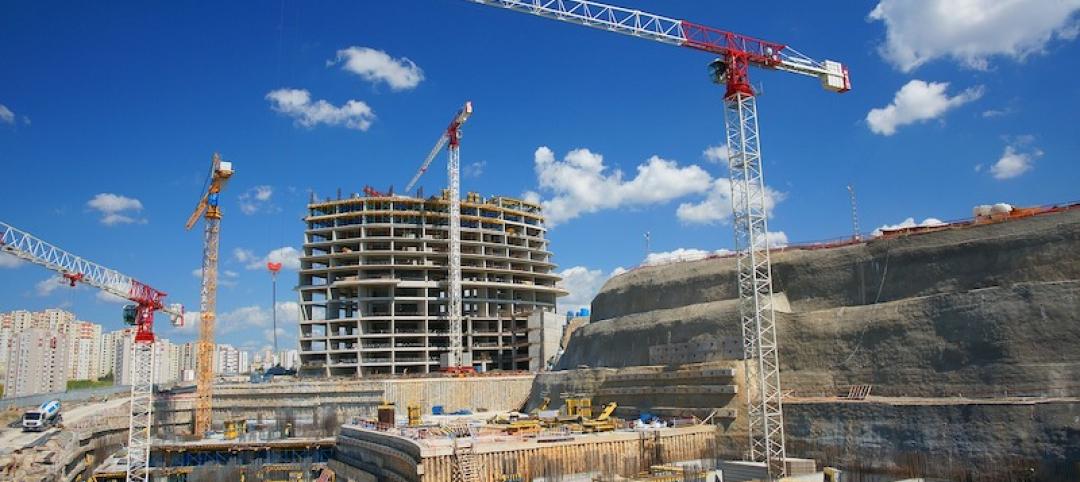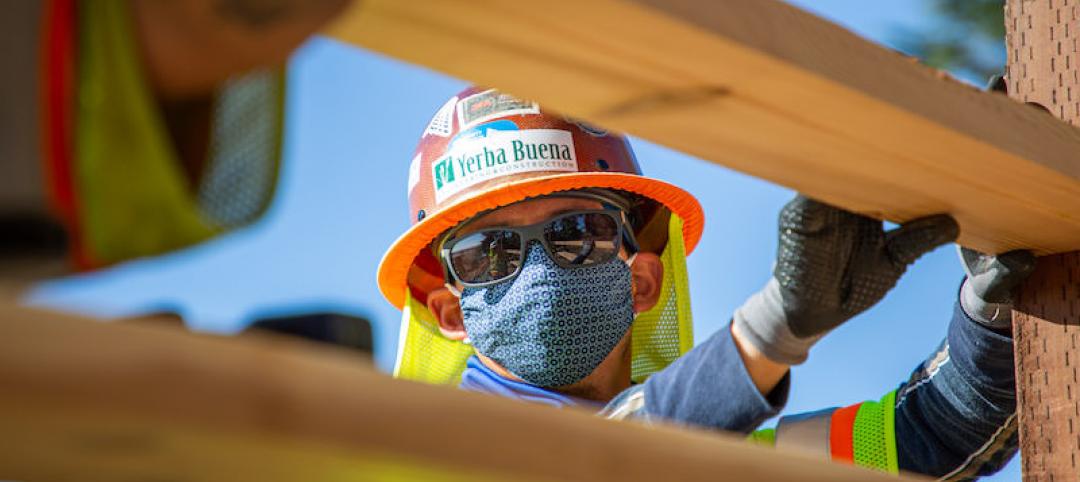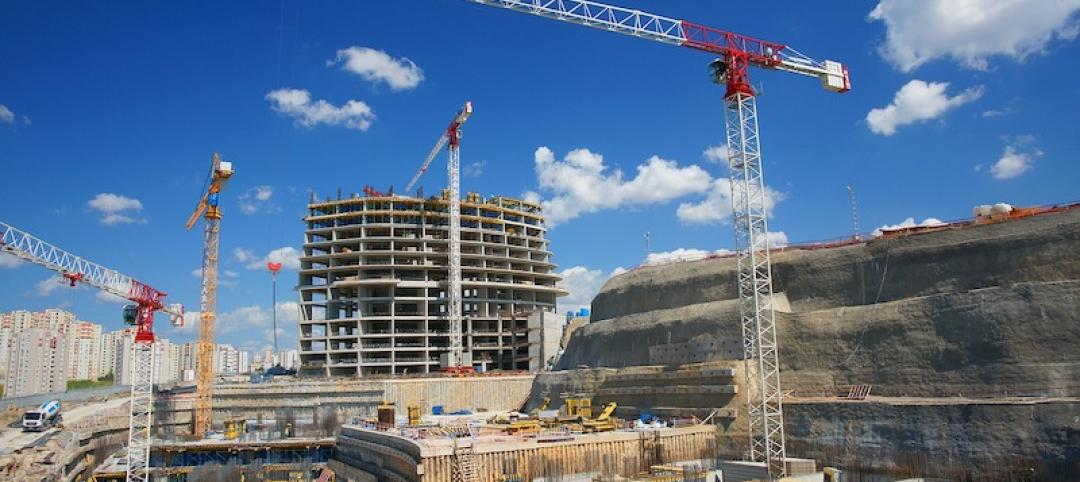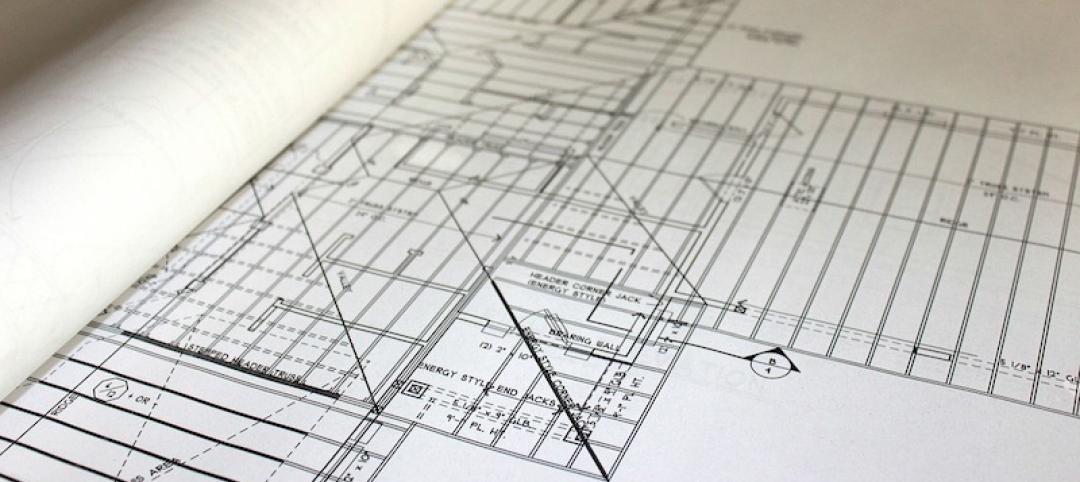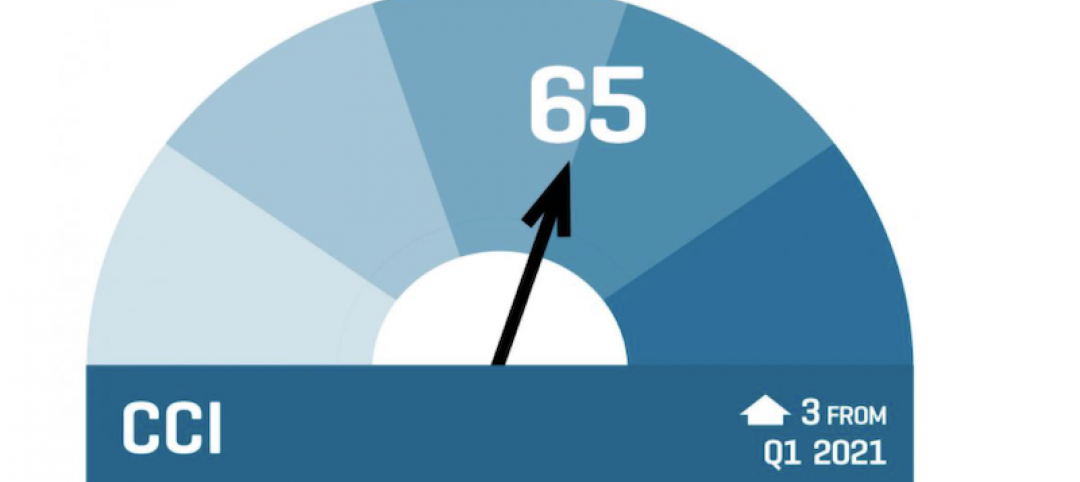Construction employment in March remained below March 2020 levels in 35 states despite a sizzling homebuilding market and a strong recovery from severe winter weather, according to an analysis by the Associated General Contractors of America of government employment data released today. Association officials cautioned, however, that a host of challenges, including continued project cancellations, rising materials prices, and supply chain uncertainties are making business conditions for contractors difficult.
“Nonresidential contractors are coping with a depleted list of projects, extreme cost increases, and unprecedented supply-chain problems,” said Ken Simonson, the association’s chief economist. “These headwinds are likely to keep industry employment in many states below pre-pandemic levels for months.”
Seasonally adjusted construction employment in March exceeded the March 2020 level in only 14 states and the District of Columbia. Utah added the most jobs (6,400 jobs or 5.6%), trailed by Idaho (3,900 jobs, 7.0%) and Washington (2,200 jobs, 1.0%). Idaho added the highest percentage, followed by Utah and South Dakota (3.8%, 900 jobs).
Employment declined year-over-year in 35 states and stagnated in Mississippi. Texas lost the most construction jobs over the period (-35,400 jobs or -4.5%), followed by New York (-29,300 jobs, -7.2%), Louisiana (-16,500 jobs, -12.4%), and New Jersey (-14,500 jobs, -8.9%). Wyoming recorded the largest percentage loss (-12.7%, -2,900 jobs), followed by Louisiana, New Jersey, and Nevada (-8.1%, -8,000 jobs).
For the month, construction employment rebounded in 39 states—some of which had been battered by unusually severe winter weather in February—while 10 states lost jobs, and there was no change in D.C. and New Hampshire. Texas added the most construction jobs (19,100 jobs, 2.6%) as work resumed following a damaging freeze in February. Other states with large monthly gains include New York (10,000 jobs, 2.7%), Minnesota (7,900 jobs, 6.8%), and Iowa (7,500 jobs, 10.3%). Iowa had the largest percentage gain, followed by Kansas (10.0%, 6,000 jobs) and Minnesota. Nevada lost the largest number and percentage of construction jobs for the month (-1,300 jobs, -1.4%).
Association officials said Washington leaders could help address many of the challenges facing commercial contractors. They noted, for example that proposed new investments in infrastructure will help offset continued private sector project cancellations. And they renewed their calls for the Biden administration to remove tariffs on key construction materials, including steel and lumber, and explore actions to unjam ports and other shipping facilities.
“Nicer weather and expanding confidence that the pandemic will soon end are helping improve market conditions,” said Stephen E. Sandherr, the association’s chief executive officer. “But the best way for policy makers to support continued job growth in the construction industry is to invest in infrastructure, remove government-imposed additions to materials prices, and help get the country’s supply chain back in order.”
View state March 2020-March 2021 data, 12-month rankings, 1-month rankings and map.
Related Stories
Market Data | Jul 19, 2021
Construction employment trails pre-pandemic level in 39 states
Supply chain challenges, rising materials prices undermine demand.
Market Data | Jul 15, 2021
Producer prices for construction materials and services soar 26% over 12 months
Contractors cope with supply hitches, weak demand.
Market Data | Jul 13, 2021
ABC’s Construction Backlog Indicator and Contractor Confidence Index rise in June
ABC’s Construction Confidence Index readings for sales, profit margins and staffing levels increased modestly in June.
Market Data | Jul 8, 2021
Encouraging construction cost trends are emerging
In its latest quarterly report, Rider Levett Bucknall states that contractors’ most critical choice will be selecting which building sectors to target.
Multifamily Housing | Jul 7, 2021
Make sure to get your multifamily amenities mix right
One of the hardest decisions multifamily developers and their design teams have to make is what mix of amenities they’re going to put into each project. A lot of squiggly factors go into that decision: the type of community, the geographic market, local recreation preferences, climate/weather conditions, physical parameters, and of course the budget. The permutations are mind-boggling.
Market Data | Jul 7, 2021
Construction employment declines by 7,000 in June
Nonresidential firms struggle to find workers and materials to complete projects.
Market Data | Jun 30, 2021
Construction employment in May trails pre-covid levels in 91 metro areas
Firms struggle to cope with materials, labor challenges.
Market Data | Jun 23, 2021
Construction employment declines in 40 states between April and May
Soaring material costs, supply-chain disruptions impede recovery.
Market Data | Jun 22, 2021
Architecture billings continue historic rebound
AIA’s Architecture Billings Index (ABI) score for May rose to 58.5 compared to 57.9 in April.
Market Data | Jun 17, 2021
Commercial construction contractors upbeat on outlook despite worsening material shortages, worker shortages
88% indicate difficulty in finding skilled workers; of those, 35% have turned down work because of it.



